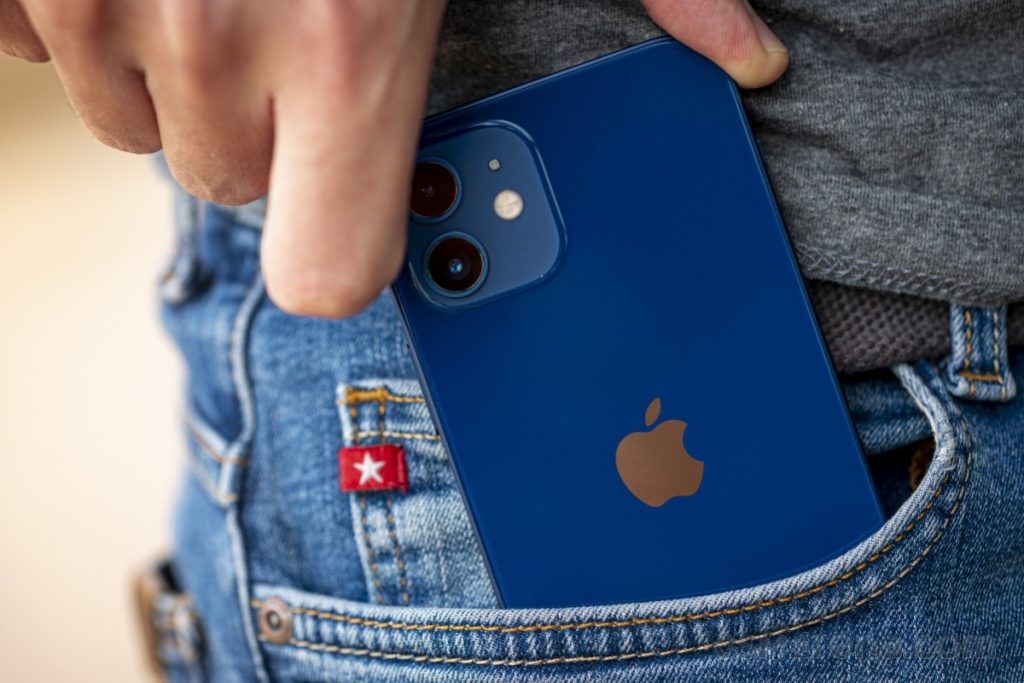In a recent development, the Agence Nationale des Frequences (ANFR), France’s radiation authority, prohibited the sale of Apple’s iPhone 12 model due to alleged violations of European radiation exposure standards. The model’s Specific Absorption Rate (SAR), which gauges how quickly radiofrequency radiation from the apparatus is absorbed by the body, is the main area of concern. According to ANFR, tests revealed that the iPhone 12 exceeded the legally allowed SAR levels. Jean-Noel Barrot, France’s junior minister for the digital economy, suggested a potential resolution through a software update to rectify the issue. However, if Apple fails to address the problem, ANFR has expressed its intent to issue a recall of the iPhone 12 across France.
The idea that the iPhone 12 exceeds global radiation standards is a subject of dispute for Apple, who insists it has been certified compliant by various international authorities. Specific Absorption Rate (SAR) gauges the quantity of energy absorbed by the human body from a radiation source, expressed as watts per kilo of body mass. As electromagnetic fields are created by radiofrequency waves emitted by mobile phones, SAR is the metric that reveals how much of this emanation is absorbed by individuals.
According to the International Commission on Non-Ionizing Radiation Protection (ICNIRP), the potential health effects of mobile phone radiation stem from its ability to heat up body tissues. Exposure above set limits and durations can lead to burns, heat stroke and other concerns.
It is important to highlight that international health organizations like the World Health Organization (WHO) have not conclusively linked mobile phone radiation to negative health impacts, despite the fact that the ANFR’s findings have led to a sales ban in France. Mobile phone radiation was classified as “possibly carcinogenic” (class 2B) by the International Agency for Research on Cancer (IARC) in 2011, recognizing some evidence of a higher risk of brain tumors for heavy users.
The ongoing debate underscores the necessity for further research and regulatory discussions regarding radiation exposure from mobile devices. As France takes this significant step, it remains to be seen how other EU member states and global authorities respond to these findings and whether similar actions will be taken elsewhere.

